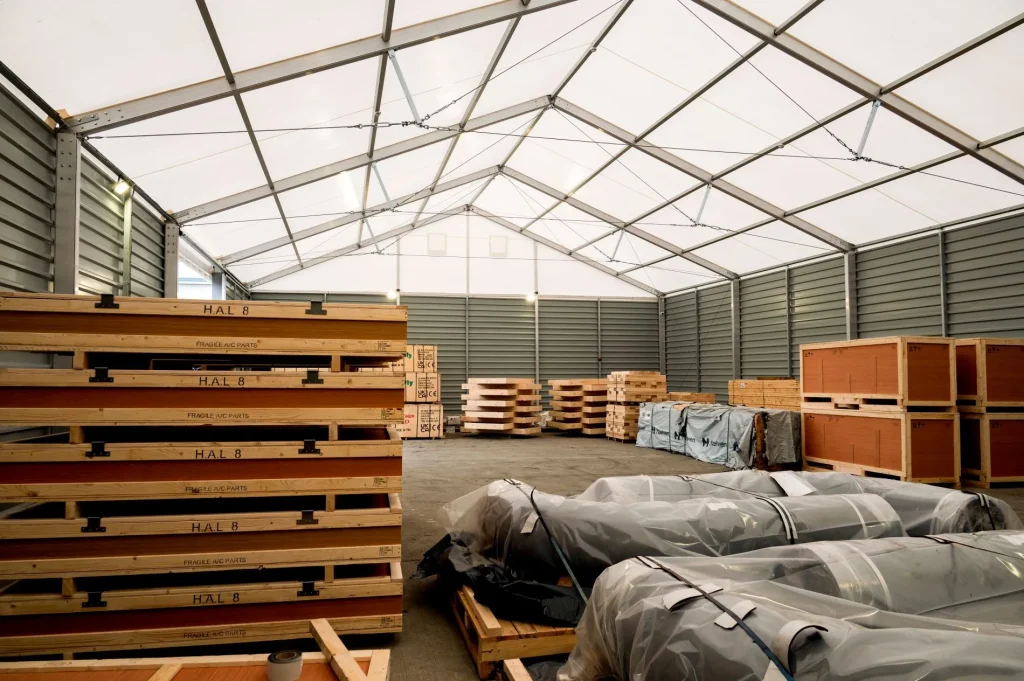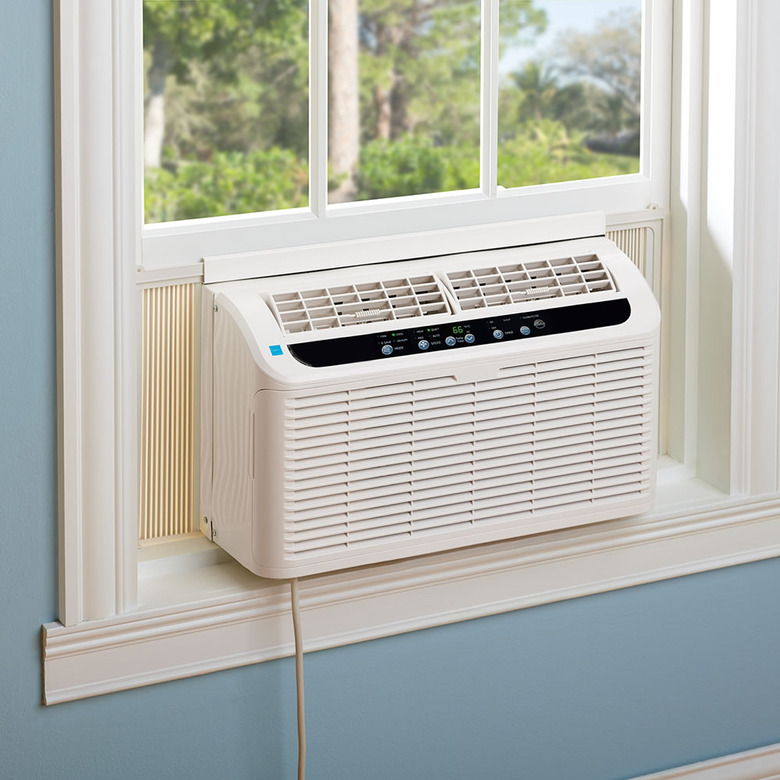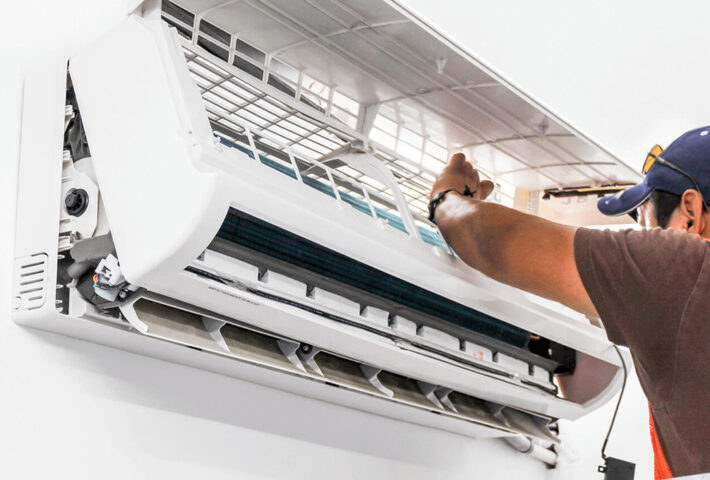Sharing favorite TikTok clips has never been simpler thanks to Snaptik. This innovative platform allows users to download and save TikTok videos effortlessly, making content sharing faster and more convenient. With just a few clicks, you can keep videos on your device and share them with friends, family, or on other social media platforms without any hassle. Snaptik not only ensures high-quality video downloads but also removes restrictions, giving users freedom to enjoy their favorite content anytime, anywhere. Snaptik transforms how TikTok content is saved and shared.
Easy Downloading of TikTok Clips
Snaptik simplifies the process of downloading TikTok videos for offline access. Users no longer need to rely on in-app sharing or unstable internet connections. The platform supports multiple video formats and ensures videos retain their original quality. Here is how Snaptik makes downloading easy:
- One-click download: Users can save videos with a single click.
- High-quality video retention: Videos remain sharp and clear after download.
- No watermarks: Download videos without the TikTok watermark for cleaner sharing.
- Fast processing: Videos are saved quickly without long waiting times.
With these features, Snaptik ensures you always have your favorite clips at hand.
Seamless Offline Access
One of the greatest advantages of Snaptik is its offline accessibility. Once a TikTok video is downloaded, it can be viewed anytime without an internet connection. This is especially helpful for users with limited data or those who travel frequently. Key benefits include:
- Watch anytime: Enjoy videos without relying on Wi-Fi or mobile data.
- Data saving: Reduce mobile data usage by downloading once and watching repeatedly.
- Reliable storage: Videos remain on your device until you choose to delete them.
Offline access allows users to enjoy TikTok content whenever and wherever they like, creating a flexible viewing experience.
Effortless Sharing Across Platforms
Snaptik not only helps you save videos but also makes sharing effortless. Users can send videos to friends, upload them to other social media platforms, or include them in presentations and personal projects. Key sharing advantages include:
- Direct sharing: Send downloaded videos through messaging apps quickly.
- Multiple platforms: Share TikTok clips on Instagram, Facebook, WhatsApp, and more.
- Creative freedom: Edit or compile downloaded clips for unique content creation.
This makes Snaptik an ideal tool for content creators, social media enthusiasts, and casual viewers alike.
User-Friendly Interface
Snaptik is designed with simplicity in mind. The platform’s intuitive interface ensures that even beginners can download and share videos without confusion. Features include:
- Clear navigation: Easily find download and save options.
- Step-by-step guidance: Tutorials help users quickly understand how to use the platform.
- Responsive design: Works seamlessly on smartphones, tablets, and desktops.
A user-friendly interface ensures that everyone, regardless of technical expertise, can enjoy the benefits of Snaptik.
Multiple Video Format Support
Snaptik caters to diverse user needs by supporting multiple video formats. Whether you need MP4 for general viewing or other formats for editing purposes, Snaptik has you covered. Benefits include:
- Compatibility: Download videos compatible with any device.
- Flexible usage: Formats suitable for editing, sharing, or personal archiving.
- Consistent quality: Videos maintain their clarity across formats.
This flexibility allows users to handle TikTok videos in ways that best suit their needs.
Safe and Secure Downloads
Security is a priority when downloading online content. Snaptik ensures that downloads are safe, protecting your device from malware and intrusive ads. Key safety features include:
- Virus-free downloads: All videos are scanned for security.
- No intrusive pop-ups: Clean downloading experience without annoying ads.
- Privacy protection: User information is kept secure at all times.
These safety measures allow users to download and share videos without concerns about device safety.
Compatibility With Various Devices
Snaptik is compatible with multiple devices, providing versatility for users. Whether you are on a smartphone, tablet, or desktop, Snaptik works efficiently. Advantages include:
- Cross-platform support: Works on Android, iOS, Windows, and macOS.
- Seamless synchronization: Videos can be transferred easily across devices.
- Optimized performance: Ensures smooth operation regardless of device type.
Device compatibility ensures that Snaptik remains a practical tool for anyone, anywhere.
Boosting Creativity and Engagement
For content creators and social media enthusiasts, Snaptik is more than just a download tool. It enables creativity and engagement by allowing users to reuse TikTok content for unique projects. Creative benefits include:
- Video compilation: Combine multiple clips to create new content.
- Editing opportunities: Add effects, music, or annotations to saved videos.
- Engagement growth: Share edited clips to reach wider audiences.
By facilitating content repurposing, Snaptik enhances both personal creativity and social media engagement.
Quick Video Search and Accessibility
Snaptik also simplifies finding and downloading videos. Users can quickly search for TikTok clips through direct links or keywords. Key features include:
- Fast search options: Locate videos instantly using URL or keywords.
- Organized library: Keep downloaded videos in folders for easy access.
- Instant download links: Directly save clips without intermediate steps.
Efficient search and accessibility ensure users never miss out on trending TikTok content.
Benefits for Everyday Users
Snaptik makes sharing TikTok clips simpler, faster, and more versatile. By combining watermark-free downloads, high-quality resolution, ease of use, fast processing, and secure file handling, the platform addresses all the needs of modern TikTok enthusiasts. Everyday users, whether casual viewers or avid TikTok fans, benefit greatly from Snaptik’s features. Main advantages include:
- Convenience: Save favorite videos for later enjoyment.
- Flexibility: Watch or share videos anytime without limitations.
- Enhanced viewing experience: Enjoy high-quality videos with no interruptions.
Snaptik caters to diverse needs, making TikTok content more accessible to everyone.
Conclusion
Snaptik provides a comprehensive solution for downloading, saving, and sharing TikTok videos effortlessly. Its intuitive interface, offline access, multiple format support, and secure downloads make it an essential tool for anyone who enjoys TikTok content. By simplifying video downloads and enhancing sharing capabilities, Snaptik empowers users to fully enjoy, reuse, and share their favorite clips. Whether for entertainment, creativity, or social media engagement, Snaptik offers an unmatched experience that makes TikTok content more versatile and enjoyable than ever before.







